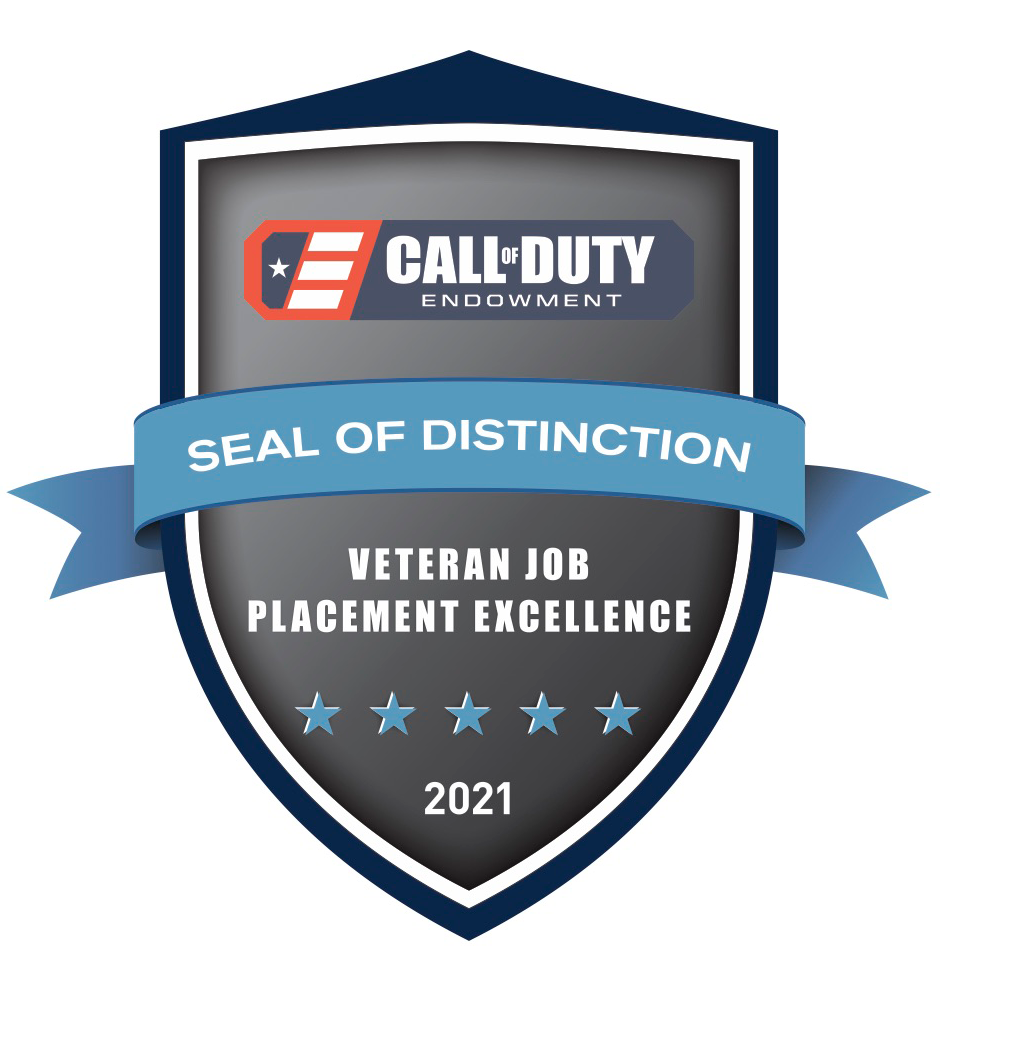Organization extends mentorship opportunities to military spouses
The program is much needed in the military community, proven by the 2018 Blue Star Families Military Families Lifestyle Survey that states 30% of military spouses are unemployed, in defiance of the 3.8% national average released in February 2019 by Bureau of Labor Statistics. The underemployment statistics are not better.
Leslie Coffey is one woman who understands the struggles of being a professional in a turbulent military setting. It took seven universities to complete her undergraduate, she has eight duty stations under her belt, and her husband’s looming retirement is adding urgency to their need of her achieving career stability.
“I think our biggest challenge is that I’ve never voluntarily resigned from a position,” Coffey said. “The Army has always made that choice for me. ... Always having to look for new employment, loss of wages in between while your searching: those are the biggest obstacles. And then starting off at the bottom and working your way up, and then once you gain a certain seniority, it’s time to leave again.”
When ACP made the mentoring program available to spouses, Coffey was one of the first to jump on the opportunity. As someone who also works in the transitioning veterans’ field, she was already aware of the program and how it has helped close to 14,000 veterans.
“Someone with industry insides, someone that can be very honest with you on what you need to work on, can push you, someone to keep you accountable; that’s something that we may not get spouse-to- spouse,” she said.
Katie Wolf, executive director of Business Operations Partners Digital Health, is one of those people on the outside who is an ACP mentor. She has worked with three different mentees after finding out about the opportunity through her corporate partners. Despite her only military affiliation being the service of both her grandfathers, she understands the importance of supporting today’s military.
“I think spouses all the time get the short shift,” Wolf said. “I think that service is really hard but spouses serve, too, and their families serve with them. And anything we can do to support the entire package is important.”
Wolf’s current mentorship with a spouse trying to enter a niche medical field is gratifying to her because of her mentee’s enthusiasm and progress made throughout the relationship. The two have also been able to bond over both being professionals and mothers.
“I think mentoring is just so important,” she said. “It’s also a really easy thing to do. I’ve had so many people over the course of my career who have been willing to sit down with me and give me guidance, but it seems like a no brainer for me to provide that for other people.”
The range of mentors available are wide, too. Deere claims to have senior executives and alumni from Goldman Sachs, Johnson & Johnson, Pepsi, USAA, the National Association of Women Business Owners, Ellevate Network and LeanIn.Org. ACP is hands-on throughout the entire process, including carefully handpicking each relationship to make sure it’s a perfect match.
“Our mentorships are really high touch, personalized and customized so that we’re ideally making a pairing between the mentor and spouse to be really mutually beneficial,” Deere said. “It’s a pretty labor intensive process for ACP.”
The other added benefit of ACP having such a high profile network, Deere says, is that spouses can finish the program feeling like people actually listened, “and that their careers are just as important as their service member’s.
”Deere continued, “Sometimes it’s easy for spouses to get lost in the shuffle or people are not always thinking about the challenges of what these folks are facing. Part of our goal, too, is just to educate the broader population of the American people about the challenges that this group is facing because it is something that we should all care about and try to help with, if we can.”
Deere is excited with the success of the program so far, and is optimistic this opportunity will be a lasting one.
Coffey added, “I recommend it to any military spouse, especially those professionally-minded and need just some advice, need some guidance to find a career where they can have progression. I think a professional coach could be thousands of dollars, and this, right here, is an opportunity that we get just for being military spouses. It’s a benefit that we definitely need to take advantage of.”











